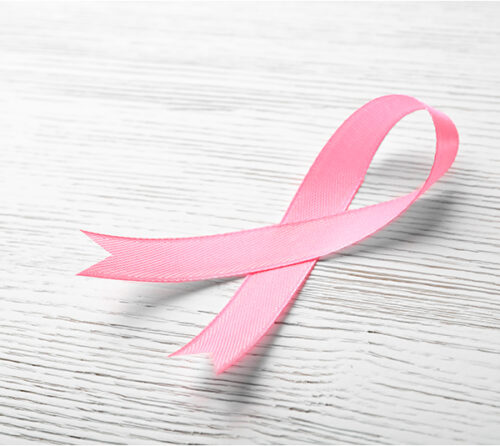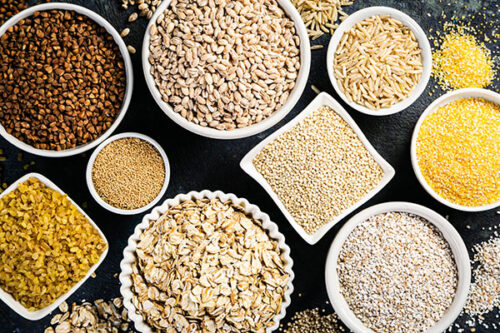Human and Planet Health – Same Solution
Our battlefront is against the devastating role animal foods play in human health, global warming, and environmental damage. Those of us who eat a plant-food-based diet understand the problems and solutions. People still eating meat and dairy don’t have a clue.
An amazingly simple win-win opportunity stares us in the face: a global switch to a plant-food-based diet will solve the diseases of overnutrition and put a big dent in global warming with one U-turn—since the up-to-now insatiable appetite for foodstuffs made from livestock (cows, sheep, pigs, and chickens) are at the root of both disasters.
The human health crisis is pandemic with more than 1.1 billion people overweight and 312 million obese, 197 million have diabetes, and 1 billion have hypertension.1 One final and fatal result of these three chronic conditions is 18 million people die of heart disease annually.*1 You would think by now world leaders would have launched serious measures to reverse all this human suffering by attacking the primary cause—eating meat and dairy products.
Mounting levels of sickness march side by side with escalating environmental catastrophes: Extremes of weather are intensifying with droughts and severe flooding, many species of plants and animals are threatened with extinction, diseases are spreading, and crops are failing. Fatalists predict that our only salvation will be a radical reduction in the earth’s present population of over 6.5 billion people by nuclear war or a viral pandemic. Let’s hope our species is sufficiently advanced to reach less severe answers—like, for one, eating far less meat and dairy.
*All of this sickness fails to reduce population growth because these diseases kill only after the reproductive years—not only are children born, but deadly eating habits are passed on to the next generation.
Our Unique Perspective
The solutions will come from governments, businesses, local groups, and yes, individuals changing behaviors—people wanting to do the right thing. Worldwide, multidisciplinary efforts are being made to reduce the use of fossil fuels (coal, oil, and natural gas), out of control forest fires, and industrial wastes. The war on chronic diseases is being fought with strategies to reduce smoking, alcohol, illicit drugs, environmental chemicals, and infectious diseases (such as HIV). But almost nothing is being done to fix the food. That battlefront has been left to us who have already made the change—and know the enjoyment, practicality, and benefits of eating a low-fat, plant-food-based diet.
Witness how incorrect information about meat being necessary for protein” and “milk for calcium” persists even when solid scientific research clearly and consistently states the opposite. How often have you heard “I could never become a vegetarian; they look weak, pale, and sickly?”—and we all know better. Ignorance and greed have created an unprecedented health crisis and catastrophic damage to our environment—and change will not come easily because people don’t like being told that their eating habits are destructive.
The Real Solution Is Ignored
The 2006 United Nations report, Livestock’s Long Shadow –Environmental Issues and Options, concludes “Livestock have a substantial impact on the world’s water, land and biodiversity resources and contribute significantly to climate change.” Yet a search of this 407 page document reveals only 4 sentences with the word “vegetarian, and each sentence contains no meaningful discussion of this obvious answer. Search for the word vegan” (a diet without animal foods) and you will find no responses.
Henning Steinfeld, Chief of Food and Agriculture Organization’s Livestock Information and Policy Branch, and senior author of the UN livestock report said: “Livestock are one of the most significant contributors to today’s most serious environmental problems. Urgent action is required to remedy the situation…Encouraging the global population to become vegans is not a viable solution, however.” Why not?
The solutions offered by this report are only half measures, such as improvements in grazing, manure, and water management; and a diet for cows, pigs, and sheep that reduces the toxicity of their burps, farts, and feces. Although this report’s plans may seem politically correct—offending few people—the recommendations will have little impact on the environment. What are these people thinking?
Greed and Gluttony Are Still Winning
There is three-way, schizophrenic-thinking in the United Nations—one branch is promoting pollution and disease, while two others are fighting against both:
1) The International Finance Corporation, the private equity arm of the World Bank (which is a specialized United Nations agency), is presently in the process of approval of a $90 million loan to the Brazilian beef exporter Bertin to double production at its Amazon forest facilities.
2) The World Bank also supported the founding works that led to the 2006 UN Report, Livestock’s Long Shadow.
3) The World Health Organization, a major branch of the United Nations, is also well aware of the burden of human disease caused by livestock, and has concluded that in 2002, the leading chronic diseases caused 29 million deaths worldwide.3
Any changes that can be made in the right direction are worthwhile—like with our personal health, the more we can replace animal foods with plant foods the better off Planet Earth will be—this is not an all or nothing approach.
While appearing on a talk radio show one evening I received a call from a distraught dairy farmer. “Dr. McDougall, you are destroying my family with your claims about the dangers of drinking milk. I have children to feed and to put through school, and you may make that impossible.” I told him I was sorry for his predicament, and then asked him, “What if you were a tobacco farmer?—should I not tell people the killing-truth about tobacco so your family prospers?” People in the business of destroying lives and the planet must find new work.
Innovations that result in plant-food-based eating practices will cause new people to rise to power and new fortunes to be made. Many will be displaced: cardiologists, bypass surgeons, oncologists, diabetes specialists can use their doctor skills for fighting malaria and other infectious diseases in Africa. People who now make their living from beef and dairy farms, slaughter houses, and processing plants will find cleaner work in grain- and vegetable-based agriculture. Family farms will return as corporate agribusiness disappears. A few cattle barons may be left destitute, but the rest of us will be much better off economically—enjoying excellent health on a habitable planet.
Recommended Articles

Breast Cancer Treatments: Barbaric and Brutal

Lessons from the Past, Directions for the Future: The WWI Starch Solution for Denmark






Join the Conversation!
Have a question, a helpful tip, or a story from your journey? Add it below - your voice matters.